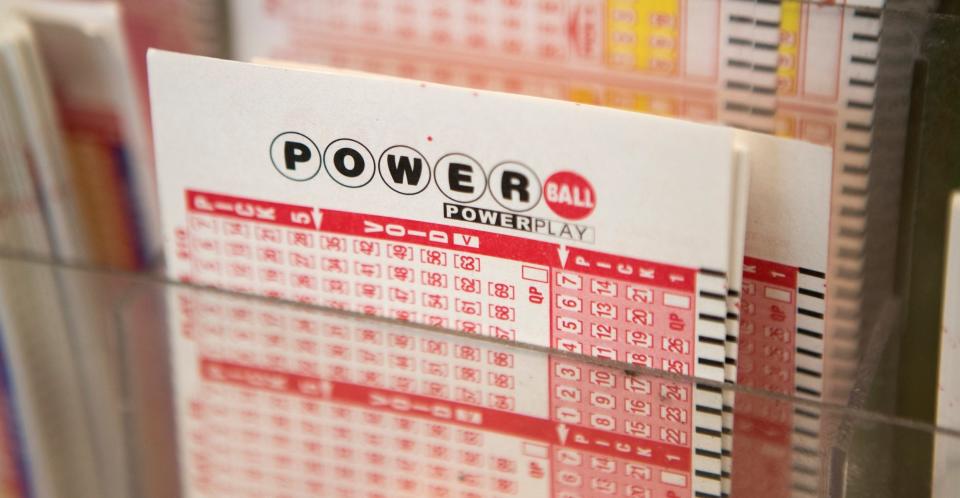The NAACP is right. State lotteries are systemically racist | Opinion
Imagine that the private pilots who use Knoxville’s Downtown Island Airport wanted a bunch of infrastructure improvements around their rich man’s playground, including a new terminal, covered automobile parking and 24-hour on-site concierge service. Now further imagine that these pilots convinced city of Knoxville officials to pay for these projects and ongoing services by assessing a tax on Knox Area Transit bus riders – with a portion of that tax paying for a permanent advertising campaign extolling the virtues of poor people riding the bus.
Ridiculous? Of course. Just like state-run lotteries, including the one in Tennessee.

State lotteries are rigged games (their payout to players is lower than the regulator-required minimum payout for casino operators), marketed disproportionately to those who can least afford it, to benefit those who can most afford it. And they enable state governments to finance a portion of their state budgets with the most regressive form of tax imaginable – while wrapping themselves in a disgusting moral cloak of “supporting education.”
People in the lowest fifth economically exhibit the highest rates of lottery participation. Increased levels of lottery play are associated with certain demographic groups: males, African Americans, Native Americans and residents of impoverished neighborhoods. The NAACP denounces state lotteries as “one of the most neglected examples of systemic racism in the U.S.” It notes that Black people spend five times as much of their income on lotteries than do white people. Efforts to racially target potential lottery losers are evident, exemplified by Washington, D.C., lottery ads featuring an image of the Rev. Martin Luther King Jr. and encouraging players to “honor his dream” by purchasing lottery tickets.
The Tennessee Education Lottery loves to brag that it has raised more than $6.6 billion for education. But who benefits from all that money? In the fall of 2022, 47% of Tennessee Education Lottery Scholarship recipients were from families with more than $96,000 in adjusted gross income. The largest number of recipients came from families with AGIs above $168,000. The only income group to experience a decline in first-time scholarship recipients was those “under $24,000 annual AGI.”
I can always tell when the Super-Mega Whopper Jackpot gets above whatever the new ridiculous number is, because the parking lot of the gas station near my house is packed. This is the same gas station that sells single cigarettes. The parking lot is not full of Mercedes and Lexuses.
I understand that a lottery is simply a voluntary tax on people who are very, very bad at risk assessment. It is an intentionally regressive tax, marketed to and disproportionately paid by poor and less-educated citizens, specifically benefiting the affluent.
By any definition I can imagine, that is systemically immoral.
David Moon, president of Moon Capital Management, may be reached at david@mooncap.com.
This article originally appeared on Knoxville News Sentinel: Opinion: The NAACP is right. State lotteries are systemically racist

